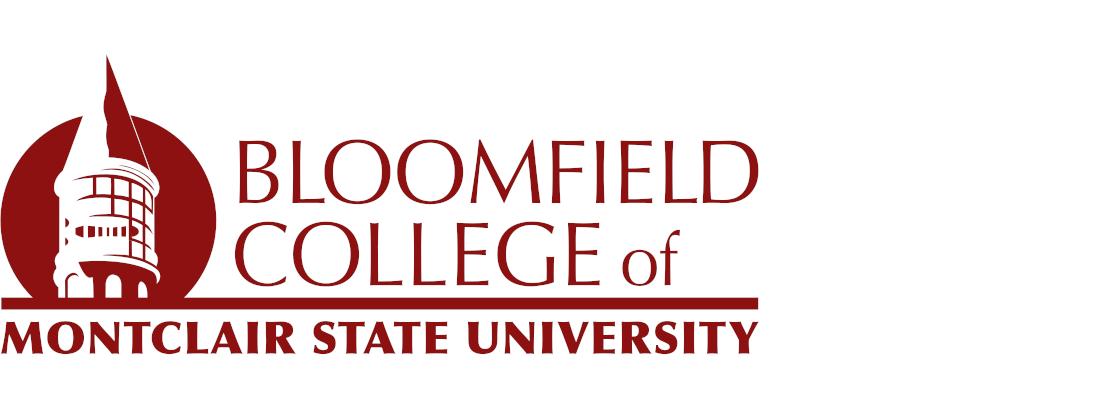Language and Society: Western Rhetoric in Contemporary Use
Description
(Also WRT 229) This course surveys the highlights of the Western rhetorical tradition and what they can teach us about how we communicate in contemporary society. Generally speaking, rhetoricians study verbal and nonverbal language and communication. Certainly, language affects everything we do: how we think, learn, identify ourselves, and interact with others. According to American rhetorician Kenneth Burke (18971993), language “reflects, deflects, and selects” reality. In this course, we will look carefully at how this occurs and how the Western rhetorical tradition has influenced our current knowledge of what language does. Rhetoric is perhaps one of the oldest disciplines. What we know of its history has been shaped by Western rhetoricians over the ages-from the ancient Greeks, (Isocrates, Plato and Aristotle), to the Romans, (Quintilian and Cicero), through Medieval Times, (St Augustine) to the Renaissance (Petrus Ramus and Erasmus) and Enlightenment (Sir Francis Bacon and John Locke), and beyond to the 20th and 21st Centuries. This tradition constitutes a Western historical narrative that has shaped what we think rhetoric is and what it does, and is by no means Gospel. Other rhetorics are interrupting this dominant narrative about what the rhetorical tradition is. The field of rhetoric is much too broad to survey, even superficially, in one semester. Consequently, the lens (or to borrow a term from Burke, the terministic screen) we will use to examine the field will focus on the theories of those rhetoricians who have been most influential in a Western tradition.
